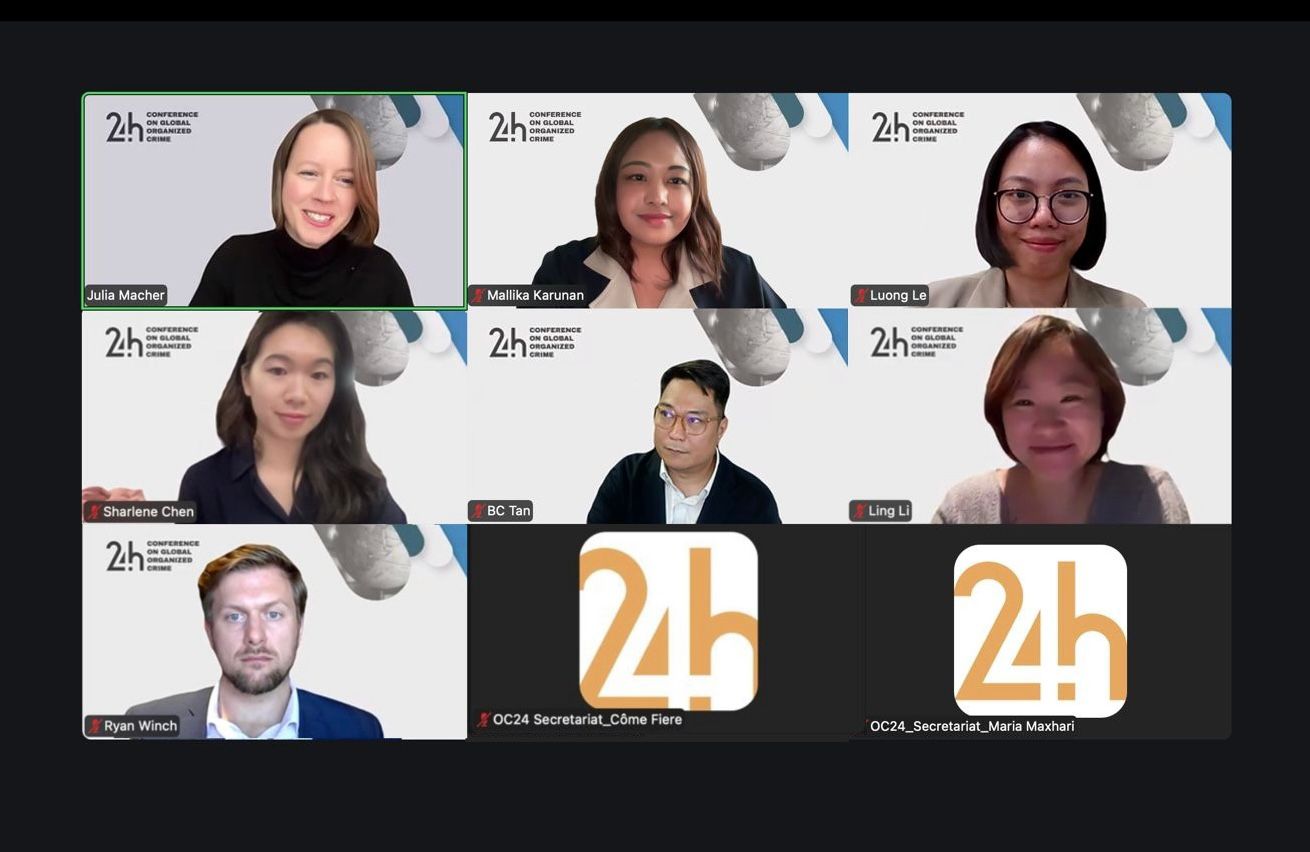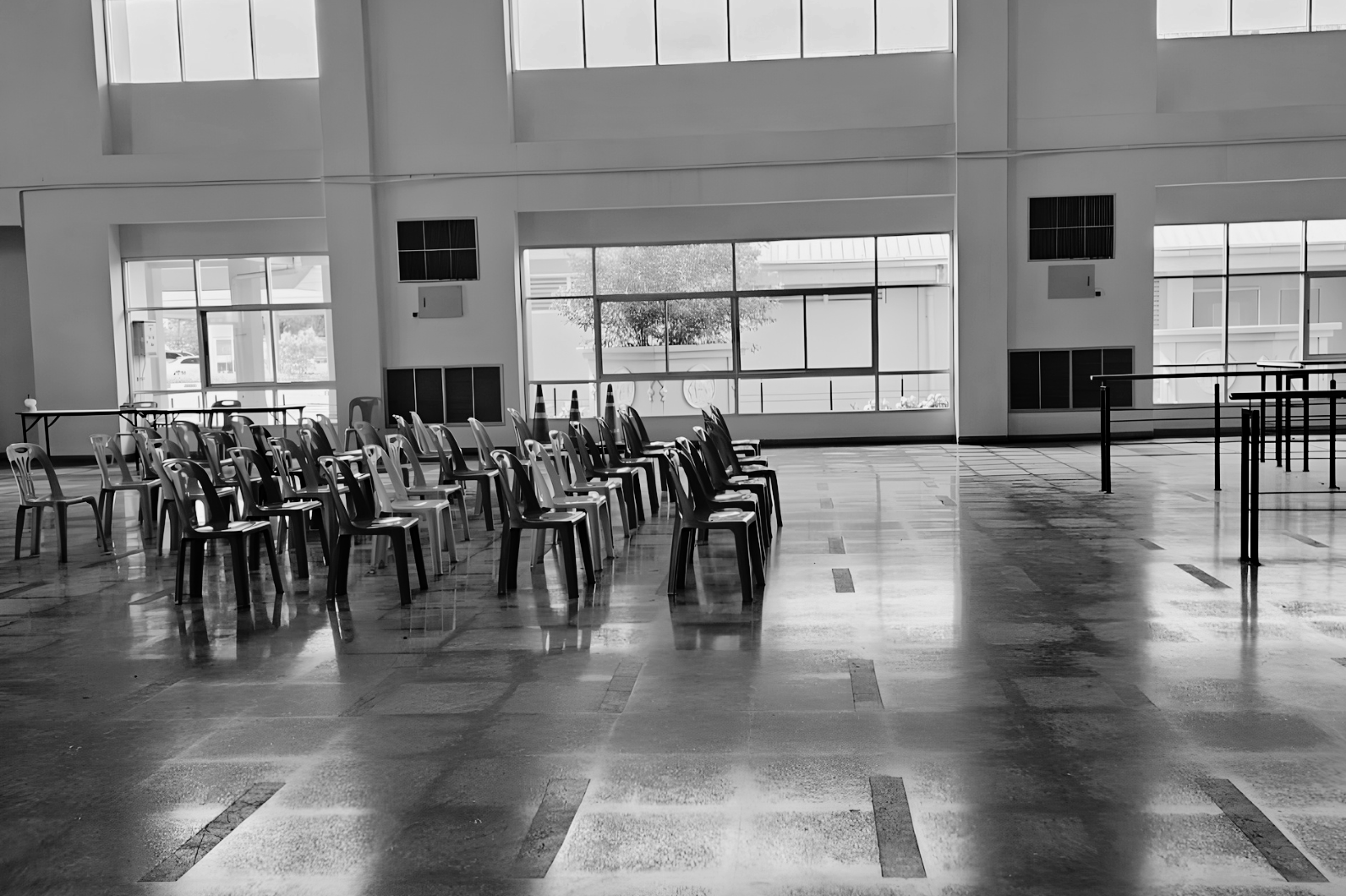Civil society organizations from the East and Horn of Africa Anti-Trafficking (EHAAT) Network took part in a regional call last week focusing on trafficking between the East and Horn of Africa and India. The discussion was based on findings by Indian anti-trafficking organization Red Rope, who led the call along with HAART Kenya, and included recent insights from their joint activities.
Trafficking of African Women into India
The trafficking of African women into India is on the rise, according to Red Rope, whose case studies show that women are often recruited directly from the streets while selling goods, lured with promises of jobs in India as salon workers, housemaids, or restaurant staff. In most cases, their travel documentation is arranged by traffickers using straightforward E-visas; however, upon arrival, their passports are confiscated and they are coerced into sexual exploitation under the pretext of “debts” ranging from US$1,000 to US$4,000, which the traffickers claim must be repaid. The women are groomed, tracked, and manipulated and, even after their “debt” is settled, many are left undocumented and stranded, often forced into street work for survival.
Africans in India face severe prejudice and are often compelled to live in slums or informal settlements without access to legal employment or social support, Red Rope reports. In major cities such as Mumbai, Delhi and Bangalore, African communities account for approximately 5 to 10 percent of the population. Most live in marginalized neighborhoods in cramped, unhygienic conditions and experience high levels of violence, including sexual assault, physical abuse, and humiliation.
While Red Rope believes that prevention is more effective than rescue or rehabilitation, its awareness programs have led to several successful rescues. In 2022, it was called upon to assist in a case involving two Uzbek women who had been trafficked into India via Nepal, eventually arriving in Delhi. Despite multiple rejections from potential partners, Red Rope, with the support of a lawyer, managed to repatriate the women after three months of intensive intervention. Shockingly, the trafficker was a legal official with a chamber at the High Court of India.
This case paved the way for further interventions involving Uzbek and, later, Ugandan women, prompting Red Rope to focus increasingly on African nationals trafficked into India, despite the deep-rooted racial prejudices that often complicated their efforts. Working alongside partners such as HAART Kenya, Willow International and The Salvation Army, the organization has to date repatriated 62 survivors from Uganda, Kenya, Tanzania, Rwanda, and Cameroon. It has also built relationships with the Kenyan and Ugandan High Commissions, securing financial and logistical support, and hopes to expand collaboration to more African embassies.
Challenges and Calls for Survivor-Led Solutions
However, the group faces significant challenges. Limited financial resources, a lack of team capacity, and inconsistent documentation and embassy support further hinder its work.
Additionally, survivors are often reluctant to discuss their past experiences, and many skill-building programs fail to align with their interests or abilities, focusing heavily on tailoring, baking and jewelry-making while overlooking useful skills such as communication, sales and digital literacy.
Red Rope has also identified broader systemic issues, including low school completion rates, high rates of teenage pregnancy, absent fathers and dysfunctional family structures, limited support for students transitioning from primary to secondary education, and difficulties in securing birth certificates for children born in India.
In response, Red Rope advocates for innovative and transformative solutions, including the creation of survivor-led businesses, training programs that match survivors’ talents with real economic opportunities, and sustainable business models that empower survivors. Ultimately, Red Rope asserts, this movement must be survivor-led – not only within organizations but also across business and leadership. Cross-regional collaboration is also key to effective action, and Red Rope plans to continue working with HAART Kenya and other partners in its efforts to prevent and eliminate human trafficking between continents.
EHAAT is a regional network of CSOs dedicated to combating human trafficking, forced labour, and exploitation across the East and Horn of Africa, with support from the Better Migration Management (BMM) Programme, funded by the European Union and Germany. Its members operate across countries including Djibouti, Ethiopia, Kenya, Somalia, South Sudan, Sudan and Uganda.



